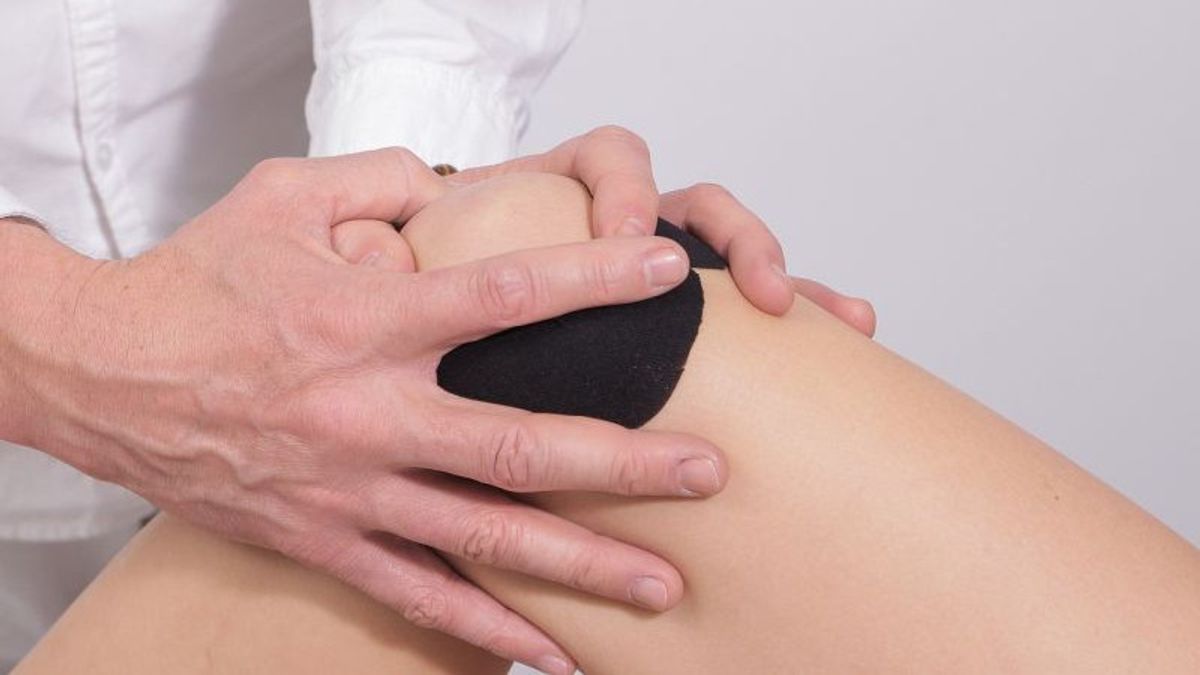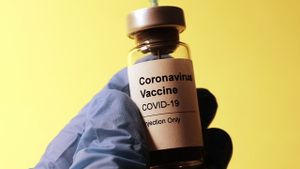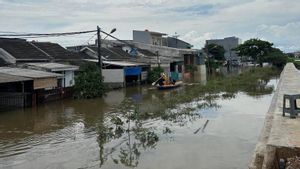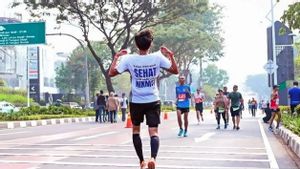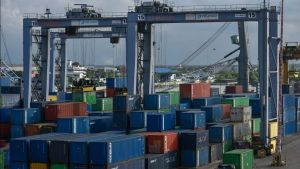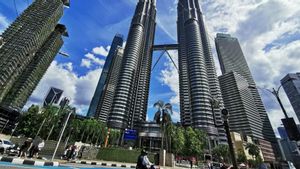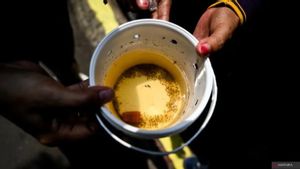JAKARTA - A specialist in internal medicine, consultant rheumatology from the Faculty of Medicine, University of Indonesia (FKUI), Dr. dr. Rudy Hidayat, Sp.PD-KR said that currently there is not enough data to confirm whether recovering from COVID-19 can trigger autoimmune rheumatic diseases.
According to him, health experts are still conducting research to answer that question. Autoimmune rheumatic diseases are known to be the result of the interaction of genetic factors that facilitate the emergence of autoimmune conditions, coupled with environmental factors.
"One of the environmental factors that have been studied a lot is viral infection, but for COVID-19 infection, of course, there is not enough data to confirm this," said Rudy as quoted from Antara, Saturday, December 4.
"Several journals report that there are patients diagnosed with rheumatoid arthritis (RA) after COVID-19 infection. However, the results of the study have not been widely disclosed," said Rudy.
Furthermore, it is related to conditions that occur in rheumatic patients, especially rheumatism-autoimmune after COVID-19 infection. Rudy refers to various existing reports saying that COVID-19 infection has a greater impact on patients with autoimmune, especially with immunosuppressant therapy or drugs that suppress the immune system.
In addition, infection can also trigger the activity of autoimmune diseases. This is the basis why autoimmune patients are advised to immediately vaccinate against COVID-19, especially in controlled autoimmune conditions, because the benefits outweigh the risks.
"As for the post-infectious condition, it seems that there is no significant difference related to the autoimmune condition suffered, except for the post-covid syndrome which can aggravate the autoimmune condition," said Rudy.
He said this needs to be evaluated carefully and carefully by the treating doctor to distinguish which one is a manifestation of autoimmune rheumatism or a manifestation of the post-covid syndrome, or a combination of both.
Rudy recommends that you don't hesitate to immediately consult an internal medicine specialist or a rheumatology consultant internal medicine specialist if you experience symptoms of post-covid syndrome that lead to rheumatic symptoms, or autoimmune rheumatic diseases.
"Early treatment of symptoms can help speed up recovery," he said.
Rheumatic diseases occur when there are disorders involving the musculoskeletal organ system (joints, muscles, bones, and connective tissue structures) and autoimmune.
Meanwhile, COVID-19 is caused by infection with the severe acute respiratory syndrome 2 (SARS-CoV-2) virus which causes abnormalities or disturbances in the respiratory organ system and various other organ systems.
Health experts are still discussing the relationship between rheumatic diseases, especially the autoimmune-rheumatic group or rheumatic diseases caused by autoimmune conditions with post-COVID-19 infections.
SEE ALSO:
Various reports from all over the world, regarding individual conditions after COVID-19 infection show, more than 50 percent of patients still have some symptoms of musculoskeletal disorders that persist for a long period of time up to 6-9 months after infection.
This condition, known as a post-COVID syndrome or long-COVID condition, may also be accompanied by disorders of other organ systems, especially the lungs and heart.
Some of the reported symptoms of musculoskeletal disorders include arm or leg weakness, muscle pain, joint pain, stiffness, swelling, and tingling, as well as complaints of fatigue.
Patients with persistent complaints are not only patients who previously had moderate or severe COVID-19 infection, but also patients with mild infection.
"Physicians are challenged to be able to recognize this condition and differentiate it from other chronic conditions, including autoimmune rheumatism that requires long-term therapy," said Rudy.
He said therapy in post-COVID-19 conditions will be more symptomatic and rehabilitative, either with drugs or with physical therapy modalities or physical exercise.
The English, Chinese, Japanese, Arabic, and French versions are automatically generated by the AI. So there may still be inaccuracies in translating, please always see Indonesian as our main language. (system supported by DigitalSiber.id)
